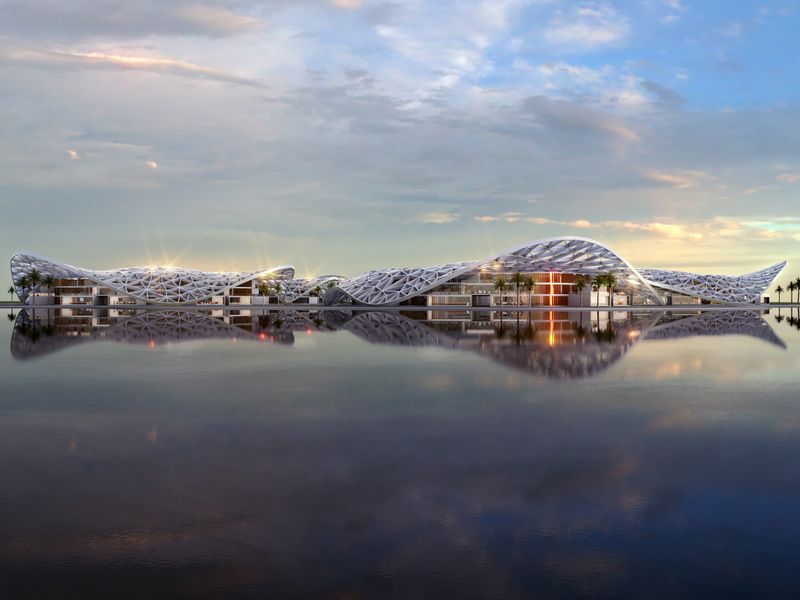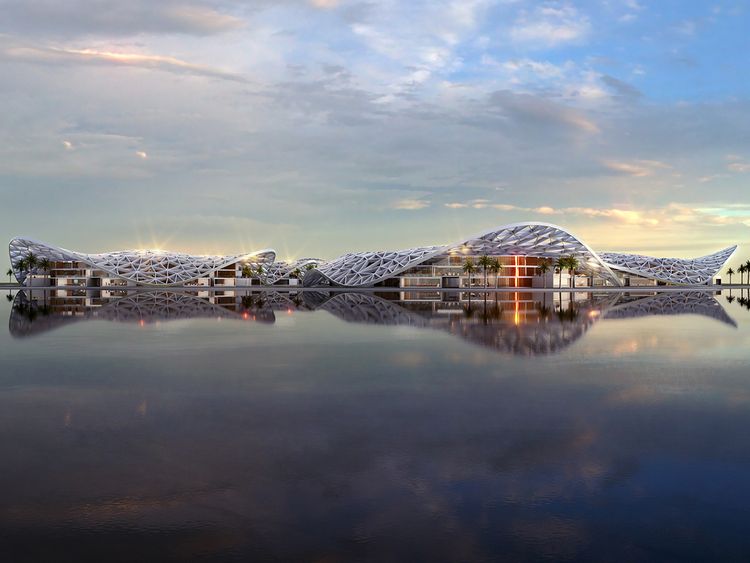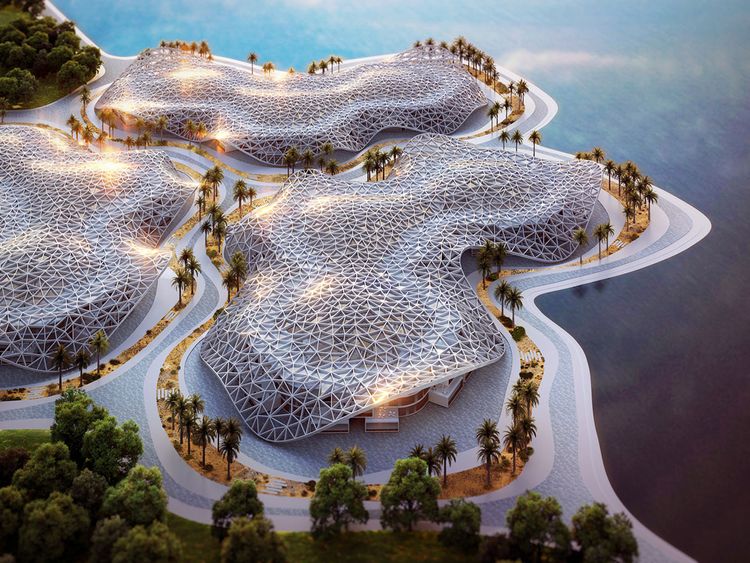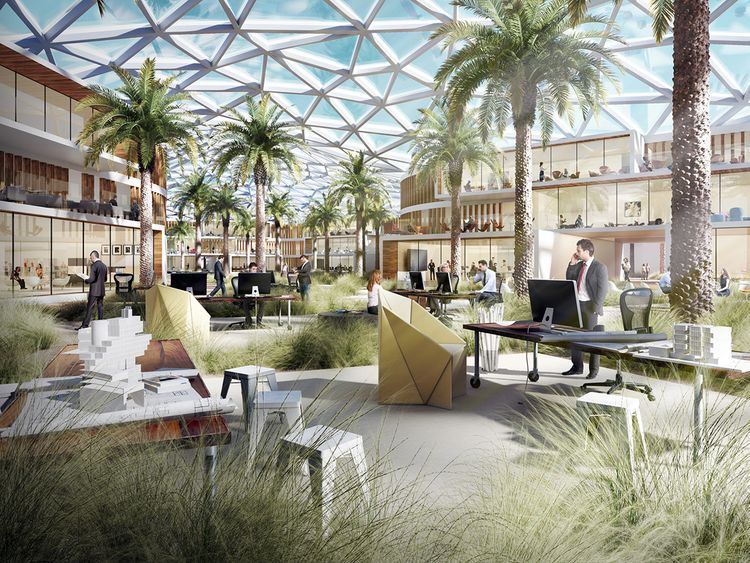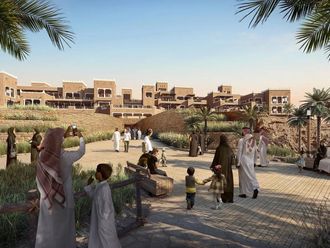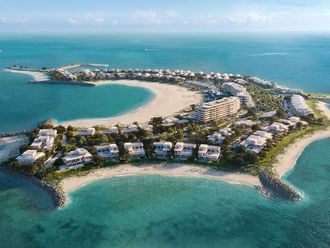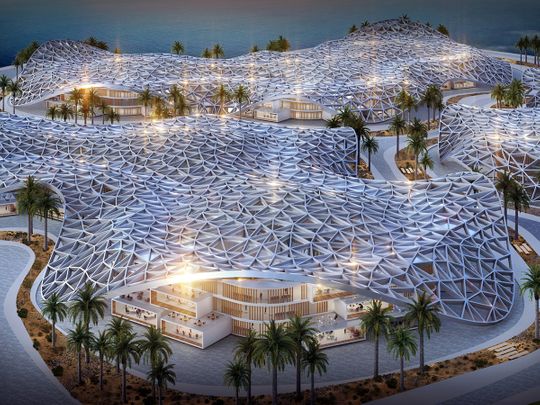
Dubai: A tech industry focussed ‘district’ is to be built in Dubai in Al Jaddaf. The Urban Tech District comes with the promise of creating 4,000 jobs in ‘green urban tech, education and training’.
“Dubai is best positioned to lead the Urban Tech transformation than any other city in the world,” said Baharash Bagherian CEO of URB, the builder behind the project. “With a total of 140,000 square metres of built-up area, it will be the world’s largest urban tech district. Thus making Dubai the centre for urban innovation.”
It will provide facilities for conferences, training, research, and business incubation.
Dubai already hosts multiple clusters dedicated to specific industries such as media, the internet and those for ecommerce and logistics. But these have been, in the main, been built by government enterprises.
URB is based at Dubai Design District and its website emphasizes ‘net zero’ based urban projects. It lists Alnama Smart City in Riyadh and Xzero City in Kuwait in its project portfolio.
In Dubai, the proposed project will ‘enable the growth of urban-tech solutions at a much larger scale’, URB says. And ‘provide investment opportunities to innovators tackling some of the most critical issues related to sustainable cities.
The district will provide opportunities for a new breed of innovative companies that require a platform to grow rapidly’.
Knowledge focus too
The proposed Urban Tech District will also a dedicated institute. “The institute will provide opportunities to pilot new innovations based on applied research whilst driving public-private partnerships,” the developer said. “Thus, ultimately, it will help accelerate the world’s transition towards sustainable developments.”
